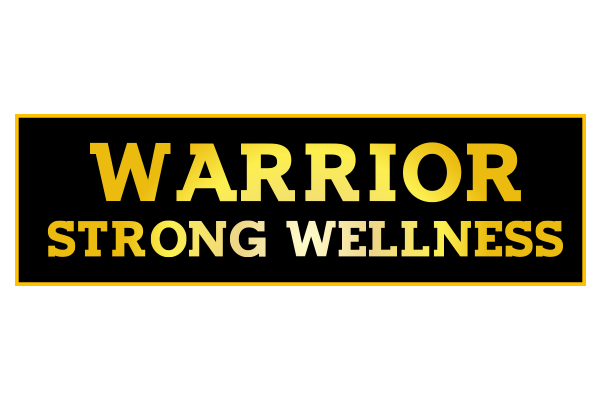If you live with ulcerative colitis, you are likely searching for natural ways to deal with this health condition. Let’s begin by discussing what ulcerative colitis is and its symptoms. Then we will look at the benefits of three types of foods: fermented foods, prebiotic foods, and bone broth collagen.
What Is Ulcerative Colitis? What Are the Symptoms?
Ulcerative colitis is a form of inflammatory bowel disease (IBD). Don’t confuse IBD with IBS. While some of the symptoms may be similar, inflammatory bowel diseases are far more serious. They cause inflammation and ulcers along the digestive tract. When it comes to ulcerative colitis, the damage is most common in the large intestines and the rectum.
Symptoms set in gradually with ulcerative colitis. Here are some of the things to watch out for:
- Diarrhea – Pus or blood in the diarrhea is common
- Cramping and pain in the abdomen and rectum
- Bleeding from the rectum, even when stool is normal
- Bowel movements feel urgent, but then it may be difficult to pass
- Loss of weight
- Fatigue
- Fever
Symptoms can flare up and recede, so you may not experience all of these symptoms at once, or they may come and go. When ulcerative colitis is under control, you may go long periods of time between flareups, and symptoms may be less severe.
How may the three food types we mentioned previously help you to get your flareups under control? Let’s take a closer look.
How Fermented Foods May Help with Ulcerative Colitis
You may take a probiotic with billions of healthy bacteria to try and heal your gut. However, if you consume a few servings of fermented foods each day, you may be able to take in trillions of good bacteria. Since researchers see a clear link between probiotics and improvement in IBD symptoms, it makes sense to eat foods that provide you with the natural benefits of a probiotic supplement in an even greater dose.
Of course, you will want to consult a physician before a dramatic dietary change. Also, there may be some discomfort involved if you increase your intake of fermented foods too rapidly. You don’t want to end up with bloating, headaches, or other symptoms from consuming too much fermented food. So this may be something to add to your diet gradually while you are taking a probiotic supplement.
What Are Prebiotic Foods and How Can They Help?
Prebiotics are a particular type of fiber that comes from plants. Prebiotics basically feed the good bacteria in your gut so they can flourish. It is the perfect combo with a probiotic or with fermented foods. The prebiotics work with gut flora, just like fertilizing a plant helps it to grow faster. What are some of the best sources of prebiotics in food?
- Veggies – One of the best prebiotic vegetables is chicory due to its high inulin content. Inulin is a very potent form of prebiotic fiber. Other vital prebiotic veggies include Jerusalem artichokes, leeks, garlic, onions, spring onions, shallots, and savoy cabbage.
- Legumes – This category of foods contains a great deal of fiber per 100g serving. For example, red kidney beans are incredibly high in fiber, as are other types of beans like soybeans and baked beans. You can also get a lot of prebiotic fiber from chickpeas or lentils.
- Fruits – There are many fruits that can help you get your prebiotics while enjoying a delicious snack. For example, bananas, watermelons, grapefruit, and apples all contain fiber and other beneficial components.
- Grains – There are some cereal grains that provide a large number of prebiotics. These grains include bran, oats, and barley.
- Nuts and seeds – One of the most vital seed types is flaxseed if you are trying to increase the amount of prebiotic fiber in your diet. As far as nuts are concerned, pistachios and almonds are exceptionally high in fiber and are an excellent source of prebiotics.
This is just a shortlist of some of the best prebiotic foods. As you can see, there is a wide variety when it comes to ways to feed the healthy bacteria in your gut without needing an additional supplement.
Why a Bone Broth Collagen Supplement Is Crucial
If you are living with an inflammatory bowel condition, such as ulcerative colitis, you really should consider taking a bone broth collagen supplement. When animal bones are cooked for many hours, the result is a broth containing a great deal of gelatin. The amino acids found therein help to form necessary proteins in the body.
In fact, collagen is the most common protein found in humans. The lining of the gut relies on these amino acids in order to stay impermeable to toxins that are passing through the body on the way to the bowel. If the gut isn’t healthy, those toxins can leak into the bloodstream, and that is what many people referred to as having a leaky gut.
If you are trying to heal leaky gut but don’t have hours to cook bones yourself, a bone broth collagen supplement is the best option for you. You want the amino acids in the supplement to be in a bioavailable format. In other words, they should be easy for your body to absorb.
Warrior Strong Wellness has just the supplement for you if you want to give bone broth a try for keeping your gut healthy. Our Collagen Bone Broth Protein Powder is made for easy absorption and is a gluten free and non-GMO formula. Check out the shop today!



